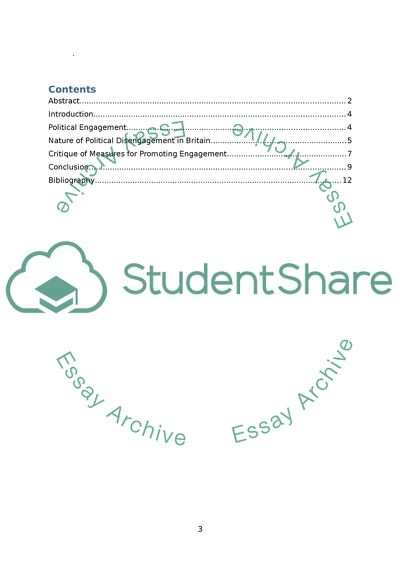Cite this document
(The Elements of Political Engagement in Britain Case Study Example | Topics and Well Written Essays - 2250 words, n.d.)
The Elements of Political Engagement in Britain Case Study Example | Topics and Well Written Essays - 2250 words. https://studentshare.org/politics/1861885-choose-one-question-out-of-the-two-i-will-provide
The Elements of Political Engagement in Britain Case Study Example | Topics and Well Written Essays - 2250 words. https://studentshare.org/politics/1861885-choose-one-question-out-of-the-two-i-will-provide
(The Elements of Political Engagement in Britain Case Study Example | Topics and Well Written Essays - 2250 Words)
The Elements of Political Engagement in Britain Case Study Example | Topics and Well Written Essays - 2250 Words. https://studentshare.org/politics/1861885-choose-one-question-out-of-the-two-i-will-provide.
The Elements of Political Engagement in Britain Case Study Example | Topics and Well Written Essays - 2250 Words. https://studentshare.org/politics/1861885-choose-one-question-out-of-the-two-i-will-provide.
“The Elements of Political Engagement in Britain Case Study Example | Topics and Well Written Essays - 2250 Words”. https://studentshare.org/politics/1861885-choose-one-question-out-of-the-two-i-will-provide.


